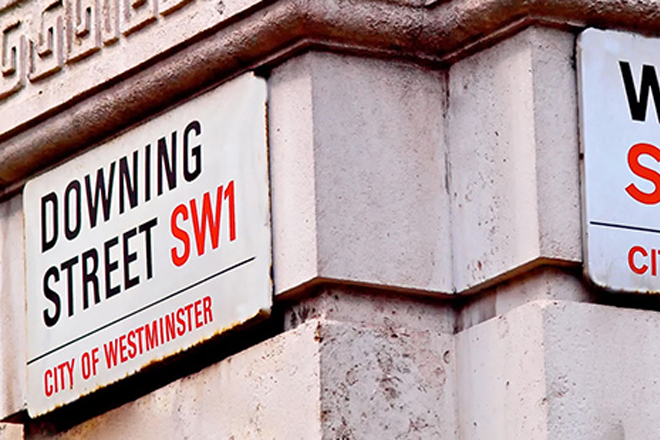The British Hospitality Association has welcomed promising comments within several election manifestoes regarding the positive role of the tourism and hospitality sector within UK economy.
This unprecedented level of attention is, according to the BHA, a significant achievement for thousands of businesses, and indeed the 3 million strong workforce across the industry who have been campaigning to bring about greater recognition of the industry’s contribution.
The Conservative Party manifesto pays tribute to the industry as a supporter of 3 million jobs, and references “the value of the tourism industry to the UK economy”. The document also promises to speed up the visa process for tourists, invest in transport infrastructure, as well as stepping up its efforts to recruit more apprentices to the sector.
The Green Party manifesto, meanwhile, states their support for the BHA’s campaign to cut tourism VAT. (The BHA has been actively lobbying all political parties to lower the tourism VAT from 20% to 5% in line with competitor destinations within the European Union) The Welsh National Party (Plaid Cymru) is of much the same opinion, and has also made a commitment to reduce tourism VAT, pledging that they will make “holidays at home more affordable, and attract foreign tourists”.
The Liberal Democrat’s manifesto has committed to strengthening the Hospitality and Tourism Council, with Business and Culture Secretaries as co-chairs. The manifesto also pledges to give higher status to tourism within the Department for Culture, Media and Sport, and to empower local tourism authorities’ decision-making powers to promote tourism propositions.
UKIP, on the other hand, calls for the creation of a dedicated Minister of State for Heritage and Tourism to be attached to the Cabinet Office.
Perhaps the only glaring absence from the BHA’s perspective was the Labour Party, who have “all but failed to reference tourism in their manifestoe, beyond a token reference to promoting access to green spaces in local planning and making them an important part of the industry. However, the BHA does welcome the commitment to making a swift decision on the Davies Commission review to expand aviation capacity in the UK.
“For the first time ever, tourism and hospitality has been recognised as a key contributor to jobs and the economy across the manifestos of several key parties,” says Ufi Ibrahim, CEO of the BHA. “This is a small triumph, not only for the BHA, but for the three million people working in our industry who together make a significant contribution to the country’s GDP.
“This is just the first step. Together with our members, we are calling for all political parties to work with us to support policies which unlock our industry’s significant potential to create more careers, apprenticeships, jobs, exports, growth and prosperity.
“We urge them to support policy reforms for growth and prosperity for all UK regions. And we have a clear message for our next Prime Minister – there is an urgency to ensure the continuation and strengthening of the Tourism Industry Council after its first year. It is imperative that we expand its influence by having the Prime Minister as its leader, uniting all Ministers towards ensuring that cohesive policies drive growth and opportunity for the people of the United Kingdom.”
As well as creating policies which support tourism directly, issues set out in the political manifestos relating to the transport network, technology, national minimum wage, the arts sector, agriculture, churches and green belt property can all have an impact on UK tourism and hospitality.



